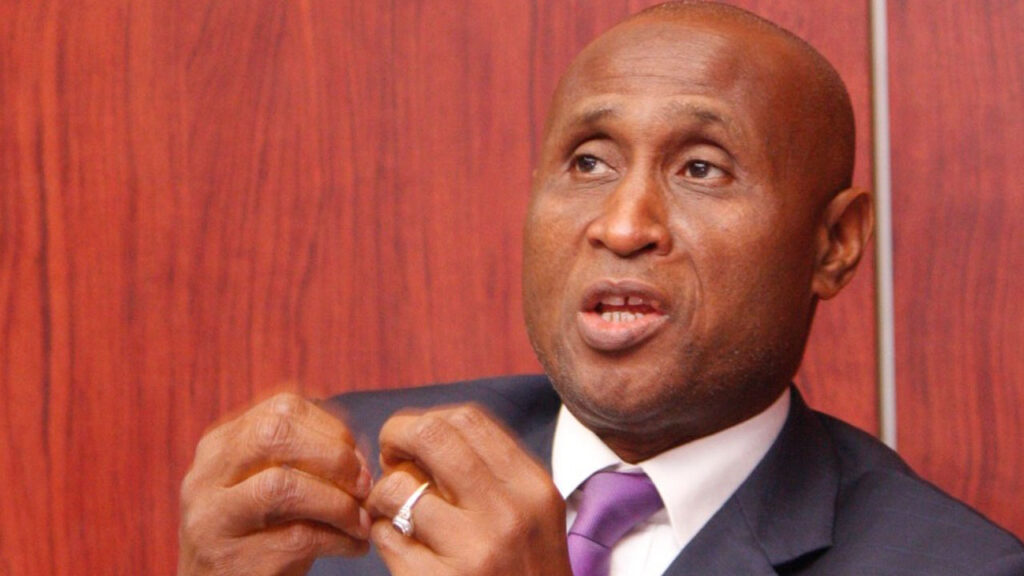 Energy subsidies are projected at $5.3 trillion in 2015, or 6.5 per cent of global Gross Domestic Product (GDP), according to a recent study by the International Monetary Fund (IMF).
Energy subsidies are projected at $5.3 trillion in 2015, or 6.5 per cent of global Gross Domestic Product (GDP), according to a recent study by the International Monetary Fund (IMF).
According to IMF in its latest survey on ‘Counting the Cost of Energy Subsidies’, most of this arises from countries setting energy taxes below levels that fully reflect the environmental damage associated with energy consumption.
The Federal Government spends between N2 billion and N1 billion to subsidise fuel in Nigeria.
Major oil marketers have been having face-off with the government over subsidizing areas, which have resulted to fuel scarcity in the last few months.
As at Monday this week, Nigeria’s subsidy per a litre of fuel was N46.58 while the landing cost stands at N118.09, according to the Petroleum Product Pricing Regulatory Agency (PPPRA).
Therefore, with the consumption of 48 million litre of fuel per day, the country is expected to spend about N2.2 billion on fuel subsidy.
IMF projects subsidies to remain high despite sharp declines in international energy prices. “The estimate for 2015 is $5.3 trillion (6.5 percent of global GDP).
Subsidies are projected to remain high, despite sharp declines in international energy prices. “The estimate for 2015 is $5.3 trillion (6.5 percent of global GDP).
It stated: “Energy subsidies are sizable in nearly all countries, advanced and developing economies alike. China is the top subsidizer in dollar terms, Ukraine in percent of GDP and Qatar in per capita subsidies. Subsidies in dollar terms in part reflect the size of the economy.
“The bulk of energy subsidies in most countries are due to undercharging for domestic environmental damage, including local air pollution—especially in countries with high coal use and high population exposure to emissions—and broader externalities from vehicle use like traffic congestion and accidents. In many top subsidizers in percent of GDP and in per capita terms, these also reflect the setting of domestic energy prices below their supply cost.
The IMF noted that energy subsidy reform can also contribute to carbon emissions reduction and help countries make pledges ahead of the Paris 2015 UN climate conference.
It said that to achieve significant carbon emissions cuts at the global level, it would be essential for top subsidizers in dollar terms to play a leading role.











